Tips to avoid dehydration in the summer
(Baonghean.vn) - When summer temperatures often stay at 40 degrees Celsius or even higher, we need to closely monitor the amount of fluid our bodies consume. Here are ways to help our bodies avoid dehydration.
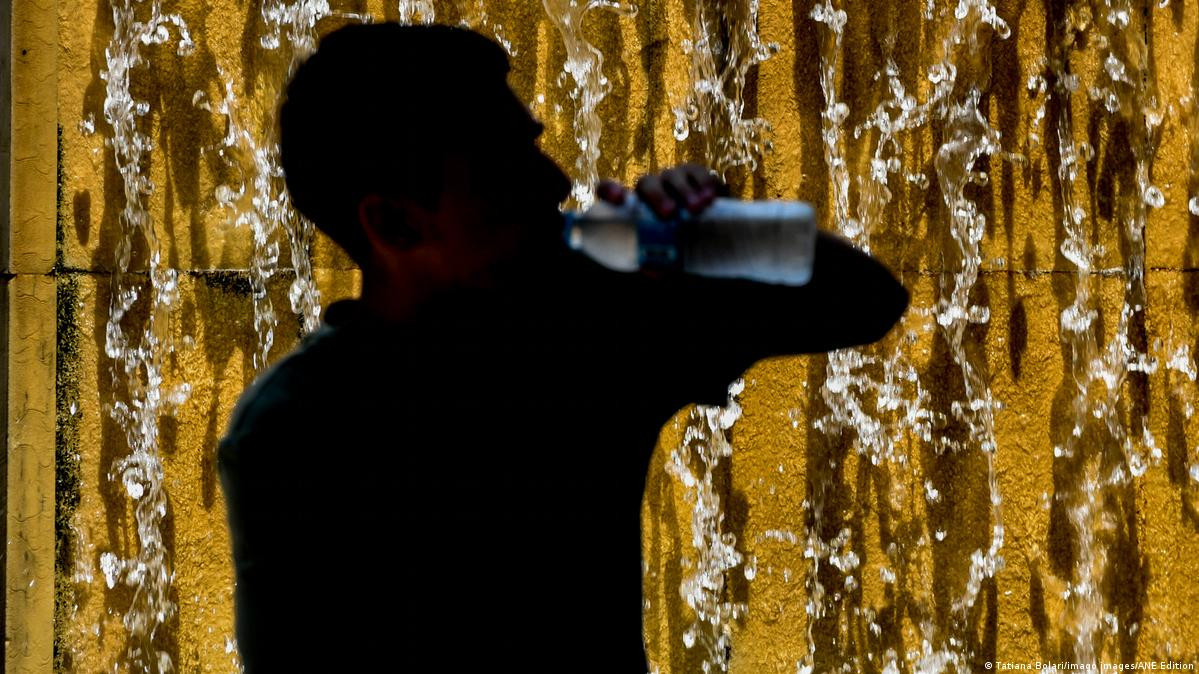 |
| Increase water intake in hot weather:70% of the human body is water. If that amount of water decreases to the point of dehydration, the body will stop functioning. Therefore, when you need to go out on a hot day, whether to work, exercise or walk, remember to drink water before you feel thirsty. The amount of water you should drink depends on the activity you are doing, but remember to drink water regularly every 1-2 hours. In addition, you need to balance the amount of liquid and food you take into your body. And of course, you need to keep a close eye on children. |
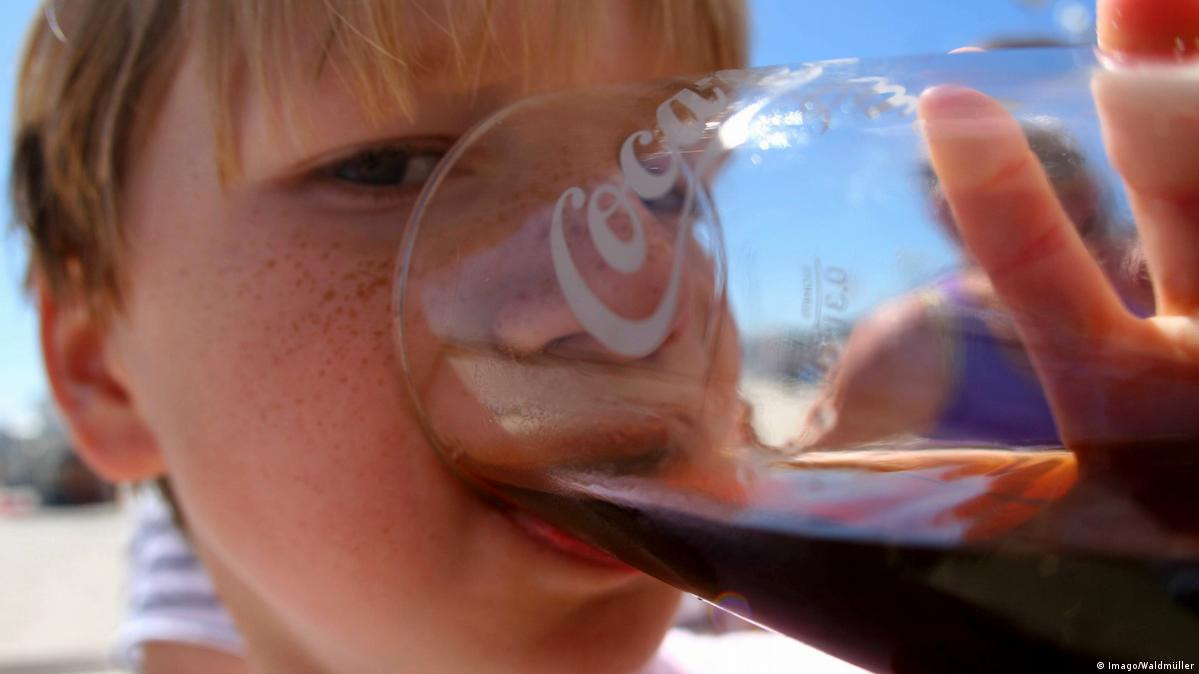 |
Not everything is good to drink:People often think that just drinking water is enough, but you should also drink clear liquids like water or broth. If you have an oral rehydration solution, you can use it, but always read the instructions on the product label. And avoid diuretics like alcohol, coffee, and tea, along with sugary drinks like soda and sports drinks. These can cause diarrhea and make you lose more water. |
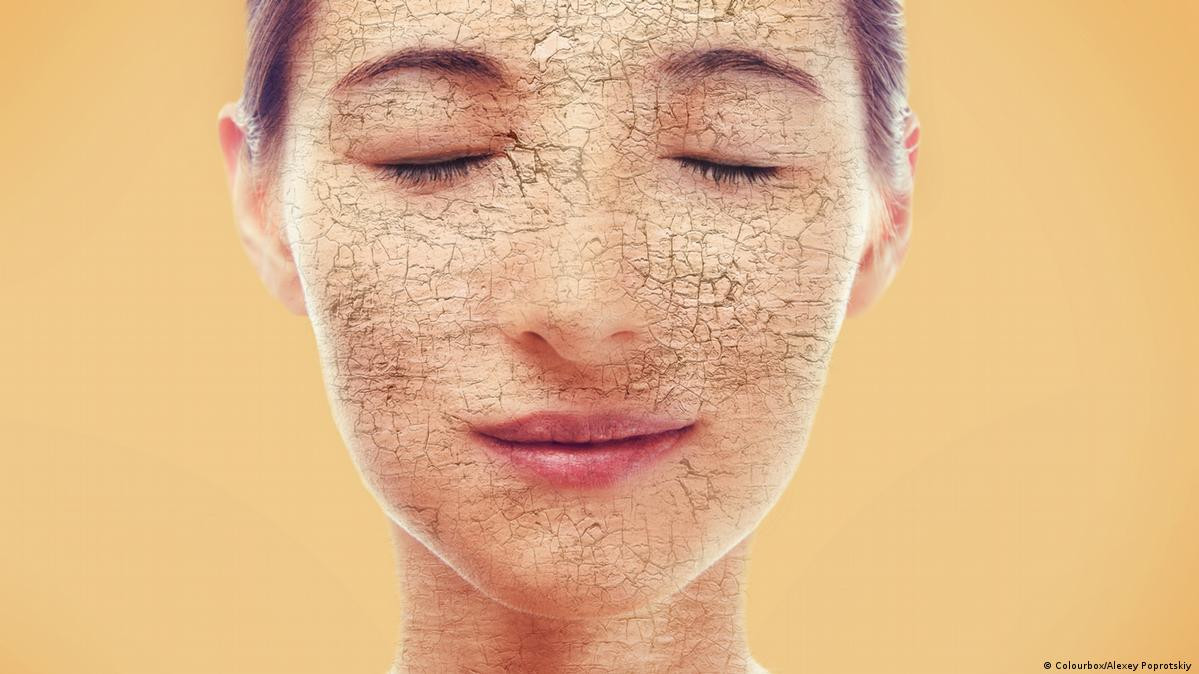 |
Detect early signs of dehydration:Always keep an eye out for signs in adults, children, and the elderly: are they irritable, restless, have sunken eyes, have a rapid pulse, or are they drinking too quickly? Press on the skin to see if it springs back? Also, check your urine to see if it is dark, has an unpleasant odor, or does your breath smell? If the answers are yes, then the body is sending signals of dehydration, and needs help. |
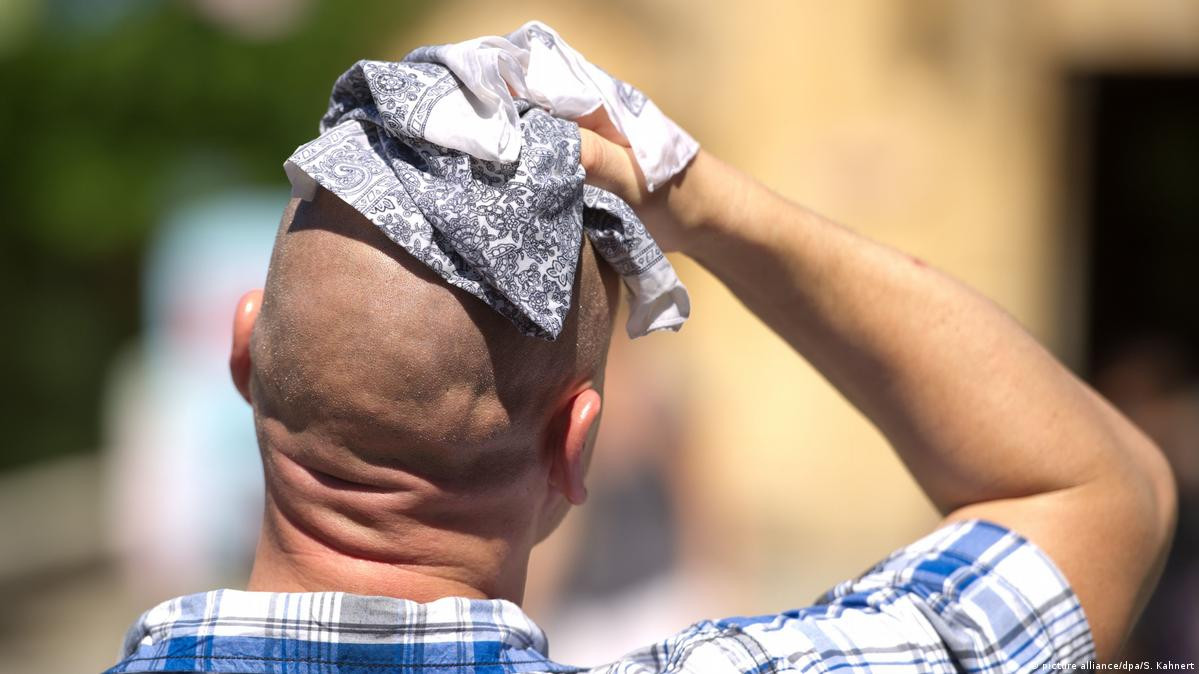 |
Signs of severe dehydration:Signs that indicate a real emergency include you or the person next to you being unconscious, having no pulse or a weak pulse, showing signs of respiratory failure, wheezing, rapid breathing, sweating, flaring nostrils, etc. |
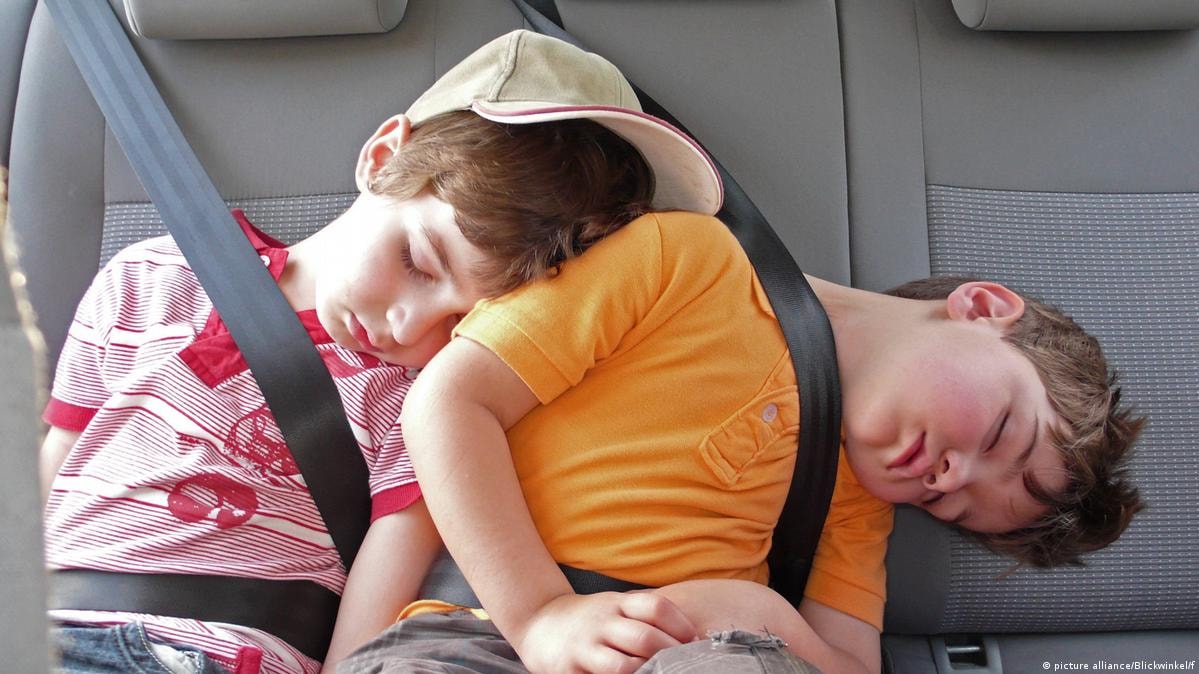 |
| High-risk groups include infants, young children and the elderly:Dehydration can happen to anyone, but infants, children, and the elderly are at higher risk. Diuretics, which reduce fluid or blood pressure, and some diabetes medications can make dehydration more likely, so consult a doctor. And if you have young children, check for drowsiness, fever, a dry, sticky tongue or mouth, no tears when crying, or a dry diaper for more than three hours. |
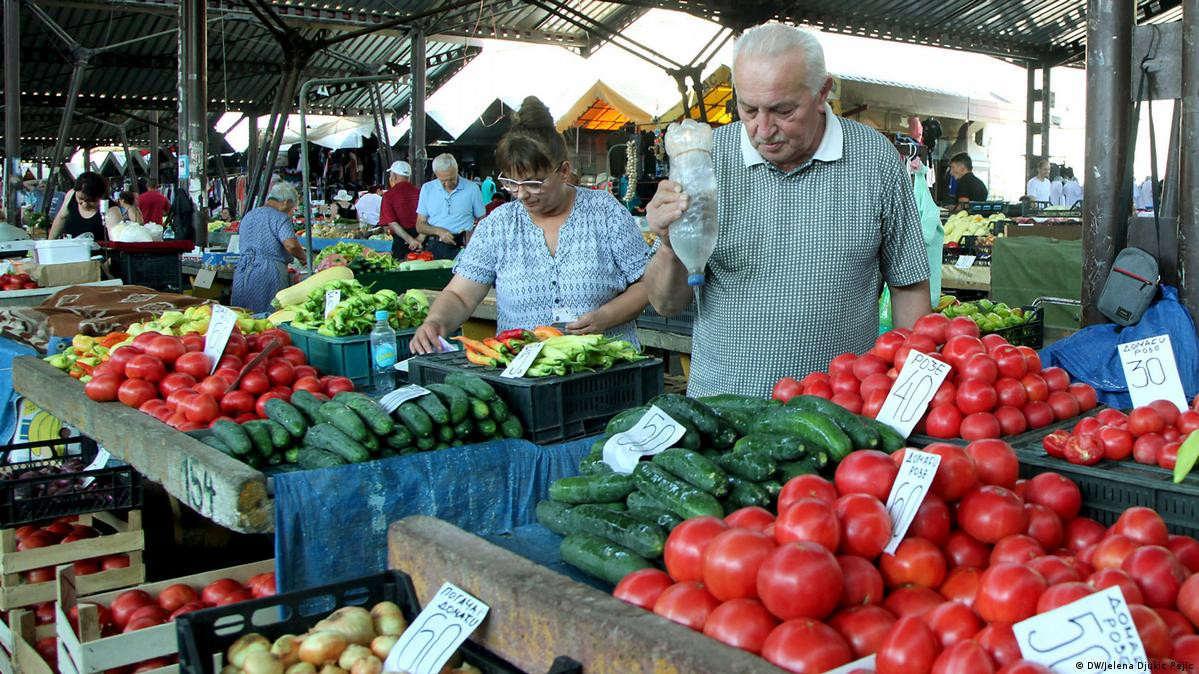 |
How to rehydrate:In addition to water, people who are dehydrated need to replenish fluids, sugars, and electrolytes - minerals such as sodium, potassium, calcium, chloride, and phosphate - that help the body and brain function. Mild cases of dehydration can be treated with oral rehydration solutions. Other quick fixes to consider include: Fruits, vegetables, salty snacks, and some types of milk. More serious cases may require medical treatment or even hospitalization. |
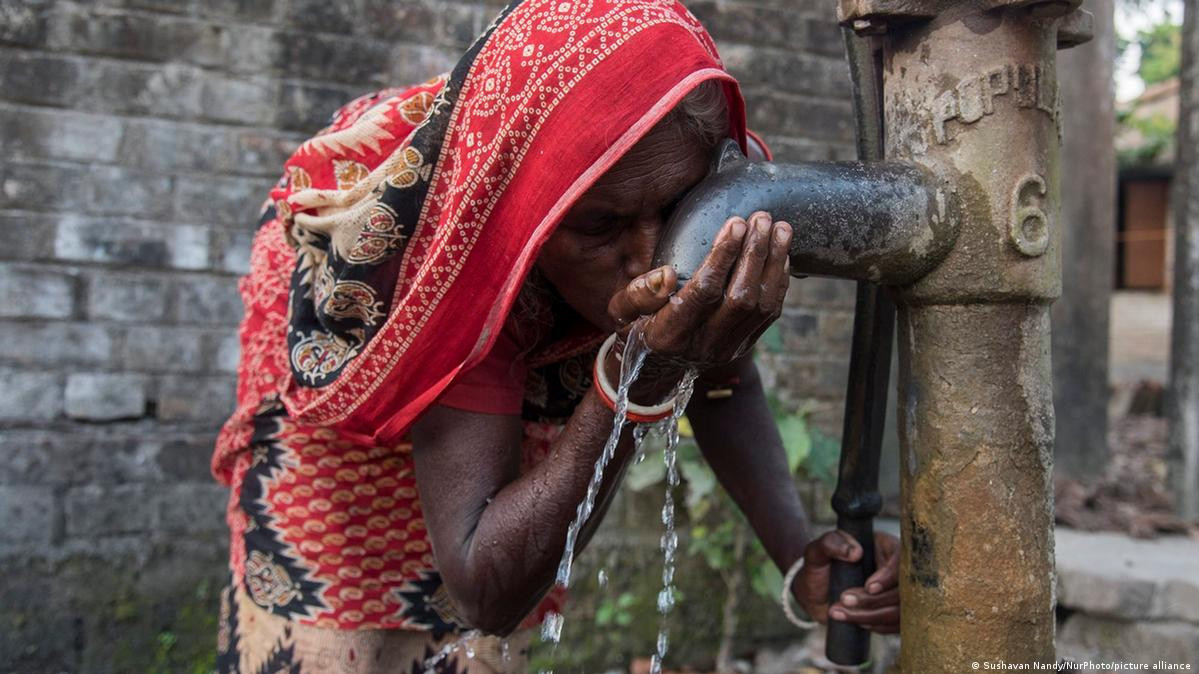 |
Water source must be clean:Clean water is often taken for granted in rich countries, but it is a luxury in poor ones. It is estimated that 1 in 3 people in the world lack access to clean water, and in some of the least developed countries, even health care facilities are lacking. These are often the hottest places on Earth, making it difficult for people to stay hydrated and healthy. |
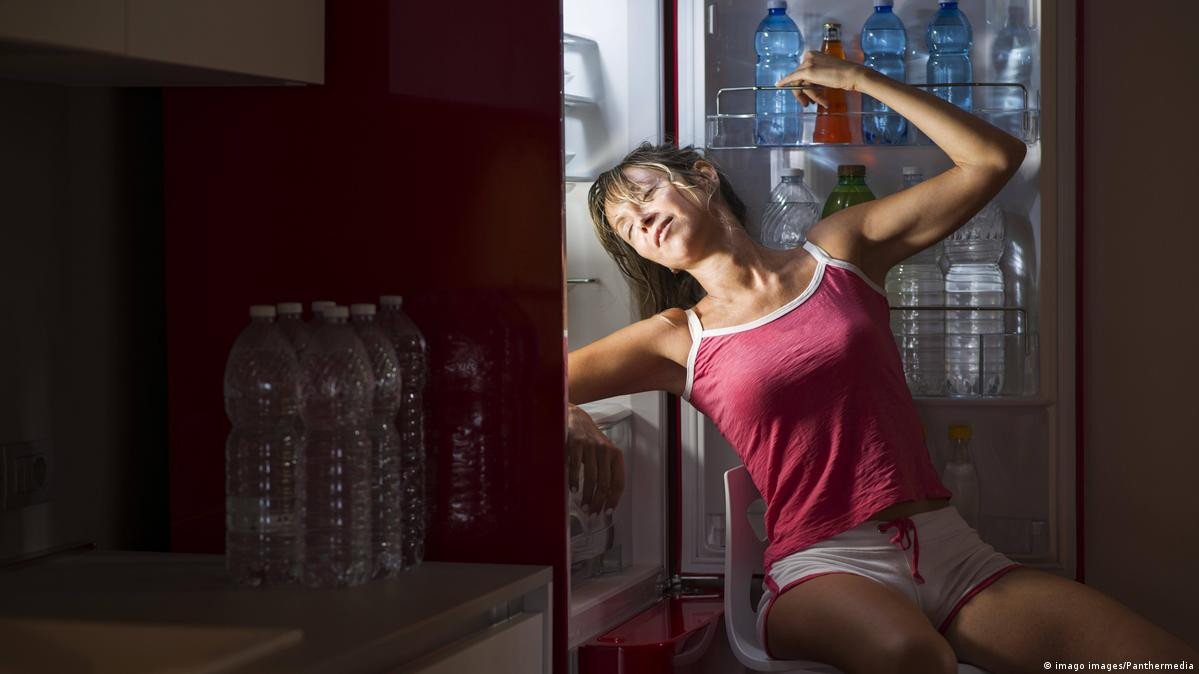 |
But don't drink too much water:Because drinking too much can lead to overhydration, which is just as dangerous as dehydration. When the body is overhydrated, the kidneys cannot process the amount of fluid in the body, which can lead to the possibility of low sodium, or hyponatremia. Sodium regulates the fluid in and around cells, and if this process is not ensured, overhydration can cause cerebral edema, leading to death. So, if your urine is always clear, be careful, you may be drinking too much water. |
